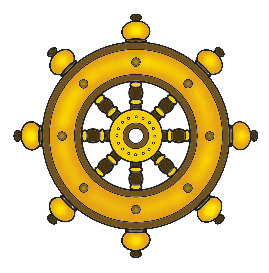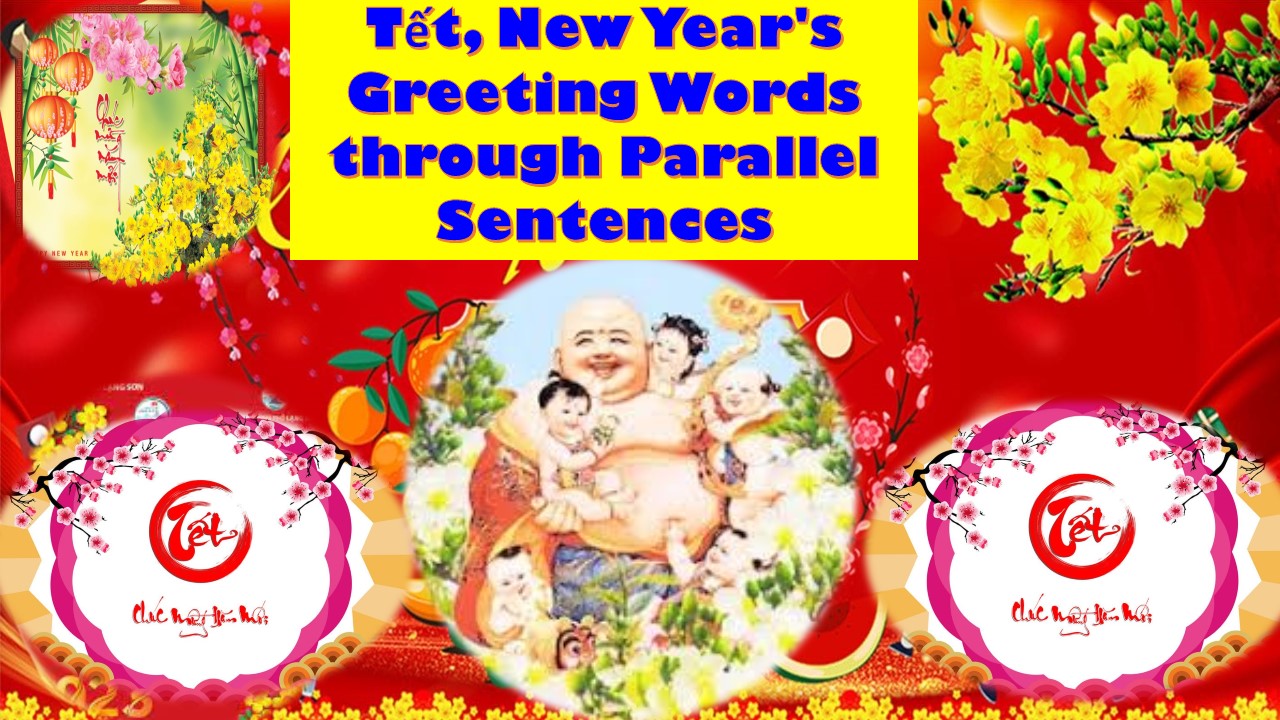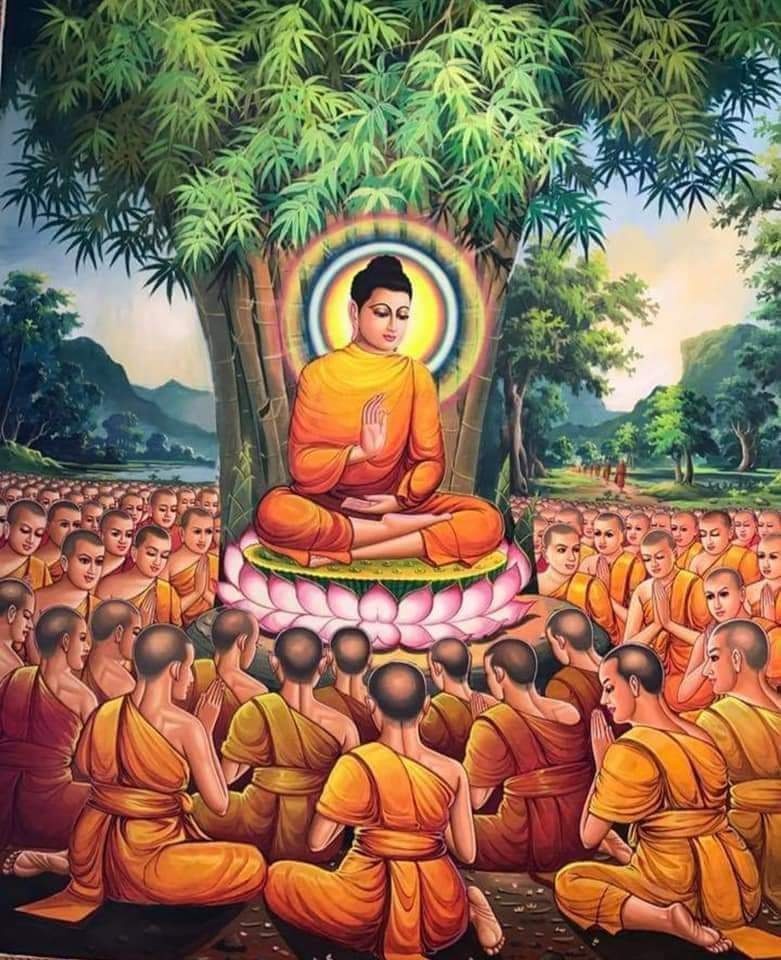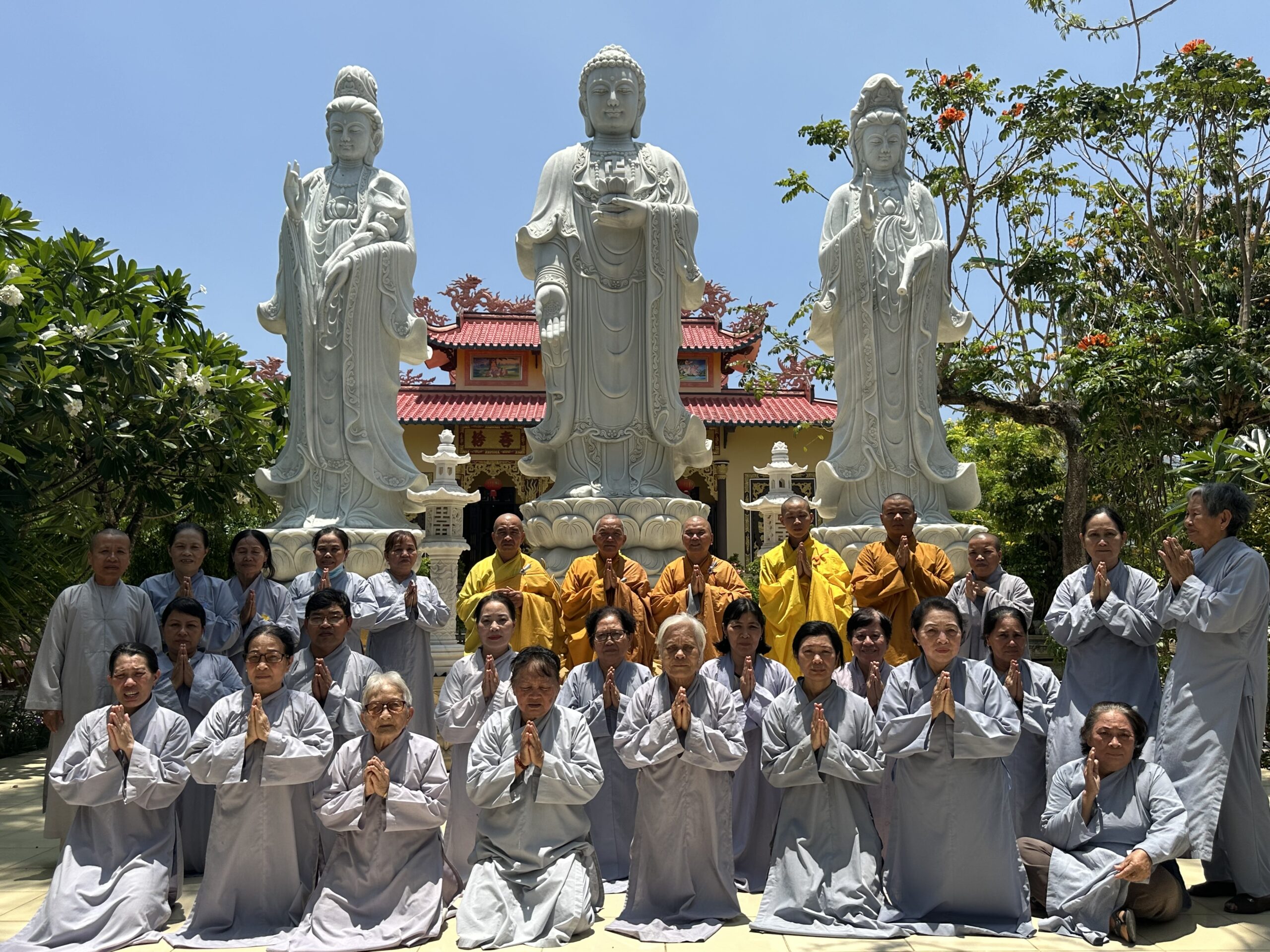
DISCOURSE ON TEACHING THE PRACTICE AND
NURTURE OF THE WHOLESOME THINGS DAILY
In Anguttara Nikàya (Anguttara Nikàya)
Volume III – Book of the Threes
XV. Auspicious Chapter[1]
Number 150. Good Morning
The World-Honored One has taught:
– O disciples, in the morning, do good things, say good things, and think about good things, you have the good morning.
– O disciples, in the afternoon, do good things, say good things, and think about good things, you have the good morning.
– O disciples, in the evening, do good things, say good things, and think about good things, you have the good morning.
When we have the deep and right confidence in cause and effect, creating good causes and conditions, all of which lead to good results, we do not need to see the good and bad days and hours, worship stars to eliminate karma, burn the votive, beg for sortilege, do divination, see Feng Shui, etc. Good or bad, good or evil, wholesome or unwholesome is only created by our actions, words, and thoughts.
.
Auspicious stars, auspicious clouds
Moments doing auspicious things
The ideas of doing auspicious things
The body and mind are usually calm.
.
In the morning, do something wholesome
In the afternoon, do something wholesome
In the evening, do something wholesome
We have a joyful day and night.
.
In the morning, think about something wholesome
In the afternoon, think about something wholesome
In the evening, think about something wholesome
We have a joyful day and night.
.
In the morning, say something wholesome
In the afternoon, say something wholesome
In the evening, say something wholesome
We have a joyful day and night.
We have a joyful week and month, and
We have a joyful year and life.
.
The body, speech, and mind do something wholesome
Making offerings to the Celibacy Ones
Going on the right path
Making benefits for living things and beings.
.
When we are fully aware of the above-mentioned things, we always practice and develop the WHOLESOME actions of our bodies, words, and minds to contribute to bringing peace, joy, and happiness to ourselves and to other people right here and right now in the present life.
Below are the WHOLESOME actions of our Bodies, Words, and Minds that we strive to nourish, maintain, and develop well in our daily life to benefit the world.
a) The wholesome body has three: No killing, no stealing, and no sexual misconduct.
b) The wholesome mouth has four: No lies, no saying embroidery, no saying two-way tongue, and no saying cruel words.
c) The wholesome mind has three: No greed, no anger, and no delusion.
When we are fully aware of such things, we are determined to stay away from the UNWHOLESOME actions of bodies, words, and minds in order not to bring discord, insecurity, and unhappiness to our families, schools, and even to society right here and right now in the present life.
Below are the UNWHOLESOME actions of our bodies, words, and minds that we strive to recognize, prevent, and transform.
a) The unwholesome body has three: Killing lives, stealing, and doing sexual misconduct.
b) The unwholesome mouth has four: Telling lies, saying embroidery, saying two-way tongue, and saying cruel words.
c) The unwholesome mind has three: Greed, anger, and delusion.
When understanding and practicing this well, we have the ability to contribute to bringing gifts of authentic cultivation, joy, and happiness to this world.
Namo The Original Master Sakyamuni Buddhaya.
By Thích Trừng Sỹ
[1]https://tipitaka.fandom.com/wiki/AN3.The_Book_of_Threes-ver2#156_A_Good_Morning_.28Pubbanha_sans._Poorvanha.29






















